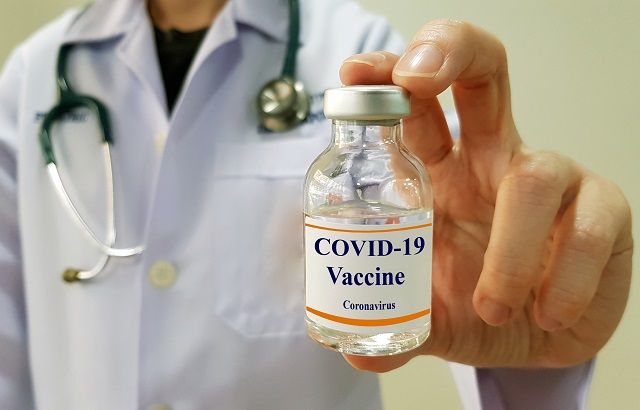Much of the focus on the biotech and healthcare sector this year has centred on the race for a Covid-19 cure.
Gilead’s share price rocketed by 8% in a single day in April after reporting promising results when it tested the drug remdesivir on patients with the coronavirus.
Yet while this level of interest is understandable, given the havoc wreaked by the pandemic, the hype that will surround the first company to develop a successful treatment is unlikely to translate into significant returns for long-term investors, writes Kirill Kul, chief investment officer, public equity, at EGCA Group.
Mutations
To begin with, there is a great deal of uncertainty about the future profile of Covid-19.
The most probable scenario is that a second wave of the virus will hit Europe in September or October, yet the first vaccine is unlikely to be developed until the first or second quarter of next year.
This product will obviously see strong sales, but much will depend on its real-world efficacy – the urgent demand for a vaccine means drugs are being rushed through clinical trials, so it may not work perfectly and a new one will be required.
If there are mutations in the virus and a glut of new cases next year, this will create further demand for new vaccines and more sales.
On the other hand, if the first vaccine works perfectly and eradicates the virus there will be no need for a new one.
This is what we are all hoping for, but it is a less probable scenario.
Pricing problem
Yet while any vaccine will see spectacular sales, this will not automatically translate into increased profits for the company that develops it.
The public mood and intense media interest in the company that wins the race to develop a treatment mean it will not be able to pursue an aggressive pricing strategy.
This is especially true for the many pharmaceutical companies that have accepted seed money from the government.
An area which offers more significant opportunities for biotech investors is in the field of advanced therapies for treating cardiovascular, oncological and neurodegenerative disorders.
These therapies are moving from chemistry towards biology and change the nature of diseases, curing them completely rather than simply treating the symptoms, which is the role of traditional small molecule drugs.
One-off substantial payment
For example, the drug Zolgensma – a copy of a healthy gene that is inserted into a virus and injected intravenously into the patient – stops further degeneration in patients with spinal muscular atrophy and, when delivered early enough, allows natural development of muscle strength.
This comes with a hefty price tag of $2m (€1.68m), but it is a one-shot treatment that completely cures the condition and is cheaper in the long term than the previous medication which required injections in the spinal cord every four months at a cost of $300,000 to $400,000 a year.
It also reduces other costs associated with the condition, such as regular hospital visits and surgery.
Aside from the high revenues that accompany a drug with a price tag of $2m, advances in technology will help to reduce the cost of production over the coming years, driving margins higher.
Tread carefully
Often the opportunity for investors in the advanced therapies arena is not in the commercialisation of a successful treatment, but in the potential for merger & acquisition activity in one of the early stage companies in this sector.
This represents a safer way for major pharmaceutical companies to play an area in which they may have limited expertise.
For example, Biogen lost $18bn – equivalent to 30% of its value – in a single day last year when it scrapped trials of its Alzheimer’s drug aducanumab.
Goldman Sachs had estimated sales of the drug could reach $12bn.
Don’t forget about politics
While biotech has been overshadowed by Covid-19 this year, it is likely the sector would have been dominated by another issue if the virus hadn’t raised its head: the US election.
In September 2015 a Tweet on price gouging by then Democratic candidate Hillary Clinton knocked $15bn off the value of biotech companies in a single day.
Statements by president Donald Trump on this theme initially had a similar effect, yet measures proposed to tackle the problem during his administration have been ineffective and further Tweets have been subject to the law of diminishing returns.
There is no doubt the US healthcare system is broken: it spends more than any other country in this area, equivalent to 17% of GDP, yet in terms of quality it is ranked only seventh or eighth in the world.
Joe Biden’s surging popularity in the polls may be of concern to some biotech analysts given his plans for healthcare reform, but he represents the more moderate wing of the Democratic party.
Even if he wins and the Democrats take control of Congress, he would be unlikely to target one-off advanced therapies that help to reduce the cost to the patient, insurers and the government.
This article was written for Expert Investor by Kirill Kul, chief investment officer, public equity, at EGCA Group.







